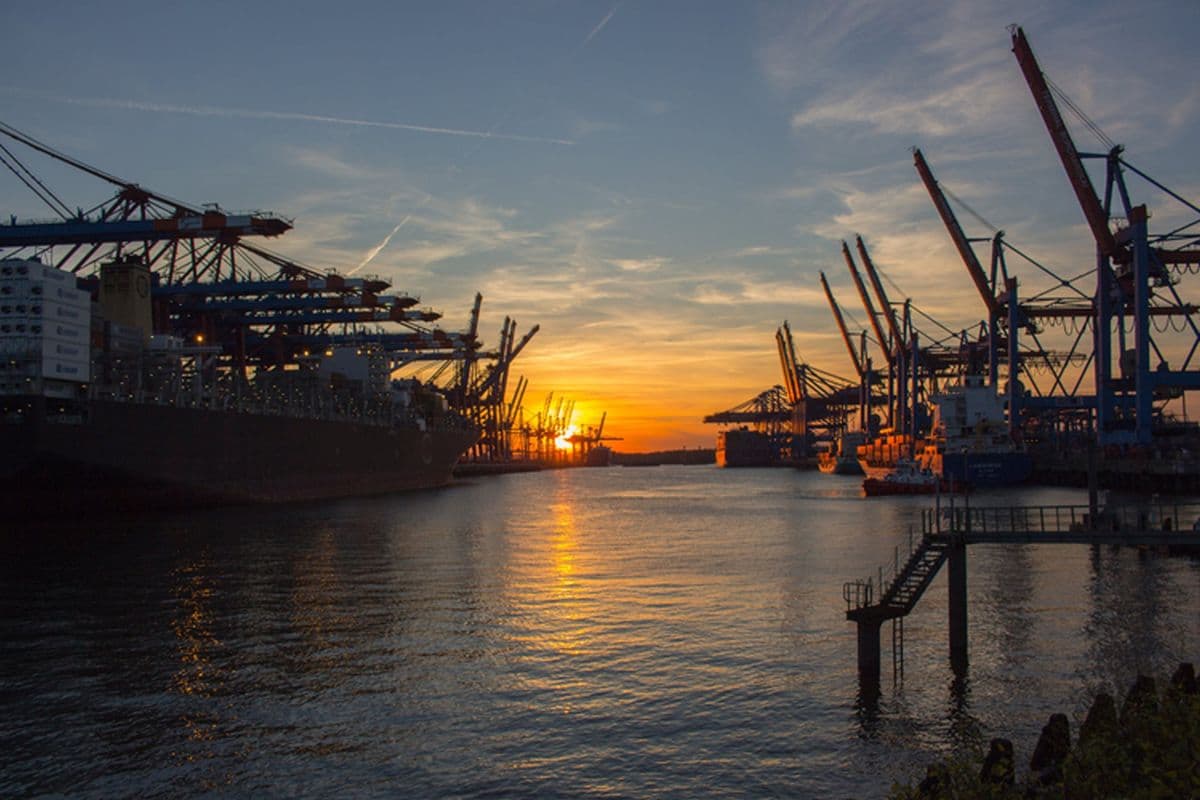
Deglobalisation refers to the process of reducing the level of global interconnectedness and interdependence in economic, cultural and political systems. It is the opposite of globalisation, which refers to the increase in interconnectedness and interdependence of these systems on a global scale.
There are various reasons why deglobalisation may occur. One reason is the emergence of protectionist economic policies, such as tariffs and trade barriers, which can restrict the flow of goods, services, and capital across national borders. Another reason is the growing trend of nationalism and populism, which can lead to a decrease in the openness and cooperation of countries.
Deglobalization can have both positive and negative impacts. On the positive side, it may lead to the preservation of local cultures and the development of domestic industries. On the negative side, it can lead to reduced economic growth, increased unemployment and increased conflict between nations.
It is important to note that deglobalisation is not a new phenomenon and has occurred throughout history. However, the extent and speed of deglobalisation in the 21st century is a matter of debate and depends on the actions of governments and other actors on the global stage. The trade tensions between the United States and China and the United Kingdom’s Brexit are recent examples of deglobalisation due to protectionist economic policies and results of a trend in nationalism. The coronavirus pandemic, however, has led to closure of national borders and the restrictions of travel, which has disrupted global supply chains and led to a decrease in the flow of goods and services between countries. Various factors can contribute to deglobalisation and the decrease in interconnectedness and interdependence on a global scale.
Deglobalisation can potentially impact Malaysia’s economy as a small and open economy that is highly reliant on international trade. A decrease in globalisation could lead to a reduction in the flow of goods and services between countries, which could negatively impact Malaysia’s export-oriented industries. For instance, Malaysia’s total trade in October 2022 surged dramatically about 21% compared with the previous year when the government only let fully-vaccinated Malaysians to travel within the nation after about three years of forced deglobalisation triggered by the Covid-19 pandemic. Not to mention that food security issues are more crucial than ever. Politically, it also affects Malaysia as a member of various regional and international organizations, such as the Association of Southeast Asian Nations (ASEAN) and the World Trade Organization (WTO).
A decrease in globalization could lead to a reduction in cooperation and integration with these organizations, which could have political implications.
In a diverse and multi-ethnic society, with strong links to other countries in the region and beyond. A decrease in globalization could lead to a reduction in cultural exchange and the flow of people between countries, which could have social implications. Overall, the extent to which deglobalization would impact Malaysia would depend on the specific nature and extent of the deglobalization process.
Mohd Juraij Abd Rani is a lecturer at the Faculty of Business and Communication, Universiti Malaysia Perlis